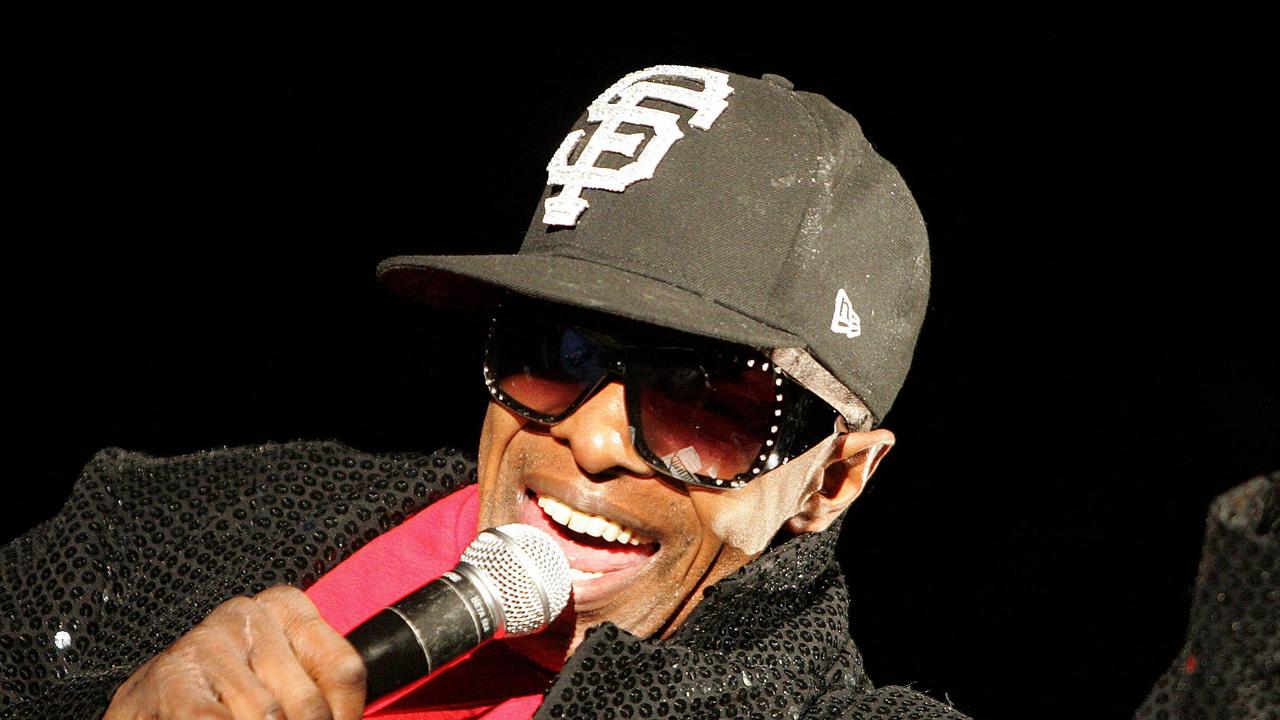Queen agrees to Boris Johnson’s request to suspend Commons
Boris Johnson’s request to suspend parliament, seen as a tactic for a no-deal Brexit, gets royal approval.

Boris Johnson has suspended the British parliament in a bid to frustrate attempts by Tory rebels and opposition parties to stop a no-deal Brexit.
But shortly before the Queen agreed to prorogue parliament in a meeting of the Privy Council at Balmoral, her Scottish residence, Jeremy Corbyn wrote to her demanding a meeting before she approve the move.
The Labour Party leader warned the monarch of the “danger” that her Royal prerogative “is being set directly against the wishes of a majority of the House of Commons”.
He added: “In the circumstances, as the leader of the official opposition, on behalf of all my party members and many other members of parliament, I request you to grant me a meeting along with other privy counsellors, as a matter of urgency, and before any final decision is taken.”
However, whether or not the Queen agrees to meet the Labour leader, his request came too late for her to change her mind and the move was approved early this morning (AEST).
The pound slid sharply against the greenback and the euro after the surprise news, which opponents branded a “coup” and a “declaration of war”.
MORE: Explainer — Why Boris suspending parliament matters
While the leader of Northern Ireland’s Democratic Unionist Party, Arlene Foster, welcomed the move, anti-Brexit MPs reacted furiously, branding Mr Johnson a dictator.
John Bercow, Speaker of the House of Commons, described the move as a “constitutional outrage” and one former minister told The Times: “It is … not the action of someone serious about getting a deal.”
Ruth Davidson, leader of the Scottish Conservatives, will today announce her resignation with party sources laying part of the blame at Mr Johnson’s door.
The EU is staying well away from the uproar caused by the decision, a European Commission spokeswoman said last night, adding that the bloc “is not commenting on internal political procedures of our member states”.
Parliament returns on September 3 and had been expected to sit for two weeks before breaking up again to allow each political party to hold their annual conference. Typically, it begins sitting again in early October.

It now seems Mr Johnson will suspend parliament from about September 10 until an October 14 date for the Queen’s Speech — the formal state opening of a new session of parliament at which the Queen sets out a legislative agenda for the coming year. A Queen’s Speech on October 14 would therefore shave several further days off an already small number of parliamentary sittings before the October 31 Brexit deadline.
The Queen’s Speech will be followed by a debate lasting several days on its contents and culminating in votes on October 21 and October 22.
Winning these votes will be a crucial test of Mr Johnson’s ability to govern, but if he loses and his government is toppled by a vote of no confidence, he would still have the scope to delay his resignation and a new election until after October 31.
There were reports last night that Labour Party leader Jeremy Corbyn had written to the Queen asking for a meeting to raise his concerns about Mr Johnson’s plans.
Asked last night about criticism from MPs that they were being denied time to debate and vote on Brexit, Mr Johnson said: “That is completely untrue. If you look at what we’re doing, we’re bringing forward a new legislative program.
“There will be ample time … for MPs to debate the EU, Brexit and all the other issues.”
Dominic Grieve, a leading Tory remainer, said he would be prepared to support a confidence motion next week if there was no other option to prevent no-deal, while Brexit Party leader Nigel Farage said the move to suspend parliament made a no-confidence motion “now certain”.
Scotland First Minister Nicola Sturgeon tweeted last night: “So it seems that Boris Johnson may actually be about to shut down parliament to force through a no-deal Brexit. Unless MPs come together to stop him next week, today will go down in history as a dark one for UK democracy.”
“This action is an utterly scandalous affront to our democracy,” said Labour’s deputy leader, Tom Watson, while finance spokesman John McDonnell called it a “coup”. Former Tory Sarah Wollaston, now a Liberal Democrat, said Mr Johnson was “behaving like a tin-pot dictator”.
THE TIMES, REUTERS, AFP



To join the conversation, please log in. Don't have an account? Register
Join the conversation, you are commenting as Logout